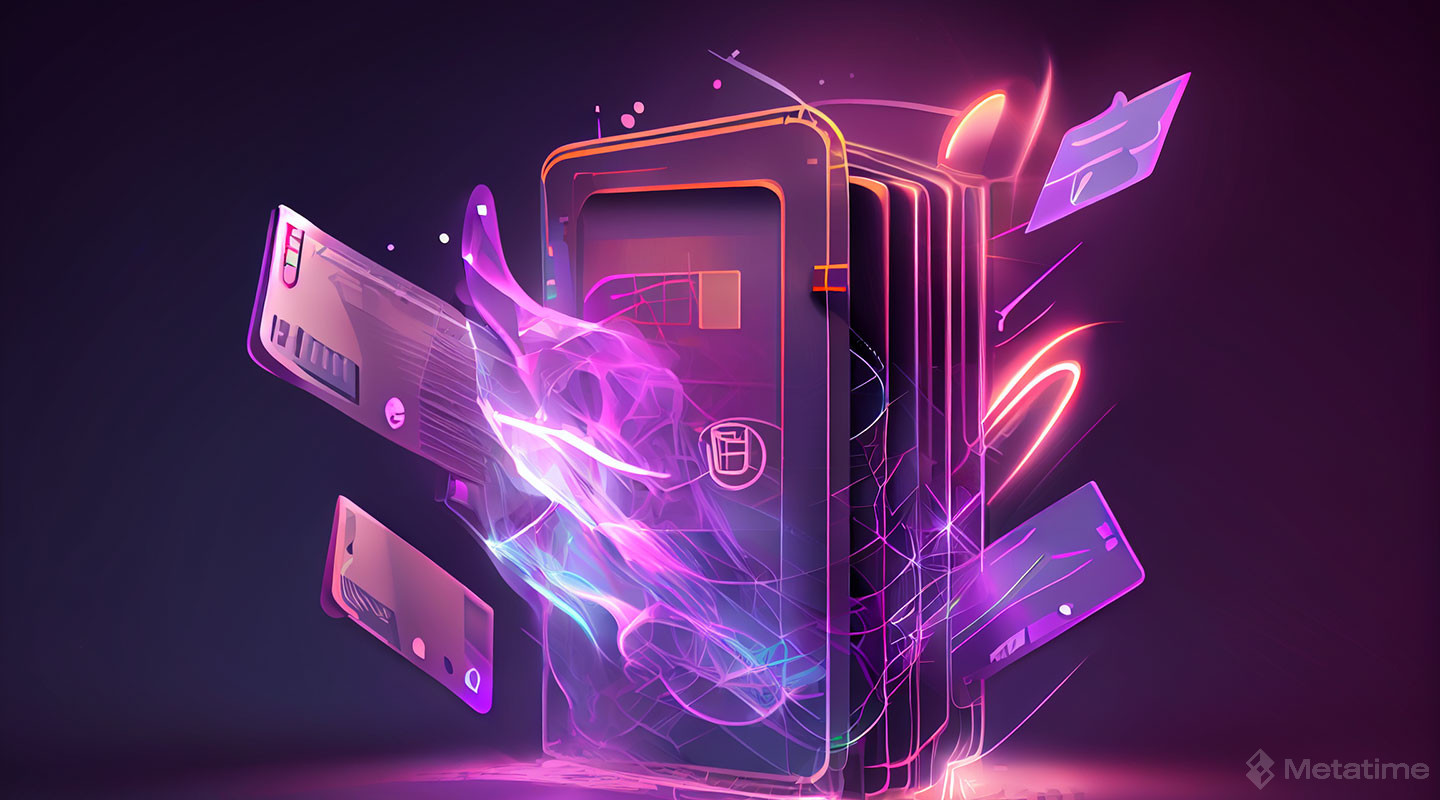As with traditional financial instruments, cryptocurrencies can be transferred from one wallet to another. In cryptocurrencies that use blockchain technology, unlike traditional financial instruments, there is no central authority or intermediary to conduct transactions. Therefore, miners and validators are necessary for cryptocurrency transfers to be performed accurately and quickly.
Transaction fee is the fee paid to the miners and validators that ensures the transfers are performed correctly. The paid transaction fee may vary depending on the blockchain consensus used. Additionally, in some blockchain networks, the transaction fee may decrease or increase depending on the density of the network. Users who want to perform a transfer quickly can pay a higher fee to perform a more expensive but faster transfer.
Transaction fees can vary on a daily, monthly, or yearly basis, depending on the blockchain network used. When a change occurs in transaction fees, miners and investors are notified of the new fees.
How Does Transaction Fee Work?
Transaction fees are a practice that encourages miners to prioritize high-cost transactions and record them in the next block. Pending transactions in the Bitcoin network are sent to the mempool where they are determined by miners and wait to be added to the next block.
If the mempool is full, miners may prioritize high-fee transaction requests. Therefore, cryptocurrency users may prefer to pay a higher transaction fee for faster cryptocurrency transfers.
Transaction fees on the Ethereum blockchain are measured in gas (the cost required to perform an action on the Ethereum network). Ethereum offers services such as smart contracts and decentralized applications (dApps), which makes transaction fees quite important. The Ethereum gas fee is represented by a small denomination called 'gwei'. Gas fees operate based on the supply and demand ratio between network miners and users.

In Ripple (XRP), there is no mining process and therefore transaction fees are quite low.
What Factors Affect the Transaction Fee?
There are two main factors for transaction fees: transaction size and demand for block space. Some blockchain networks can store limited data in each block. As a result, miners or validators can be selective in the number of transactions they add. Simultaneously incoming transaction requests increase the need for block space, and many pending transactions can accumulate waiting for verification.
When block requests increase, networks can become congested and verification processes can take longer. Large-volume transactions require more space in the block and can take longer to verify compared to small transactions. In general, networks that can process more transactions per second have lower transaction fees. The more efficient a blockchain network is, the lower the transaction fee.
Why Pay a Transaction Fee?
Transaction fees were first developed in the Bitcoin blockchain to prevent spam requests. However, they later became one of the fundamental features of the blockchain. Initially, the reason for charging transaction fees was to prevent malicious individuals from sending too many spam requests to the Bitcoin blockchain.
Transaction fees, which are commissions paid to individuals who maintain the security and sustainability of blockchains, are crucial for the network's sustainability. Blockchain networks have various TPS (Transactions Per Second) that can be added per second. If the demand for block space is lower than the total block space, the transaction fee will be lower. However, if the demand for block space exceeds the number of transactions that can be included, the transaction fee will increase in proportion to the demand.

How to Calculate Bitcoin (BTC) Transaction Fee?
Some cryptocurrency wallets in the Bitcoin (BTC) blockchain allow users to determine transaction fees. It is possible to make a BTC transfer without paying a fee, but miners usually reject these transactions. Transaction fees on the Bitcoin network are determined by the transaction size (in bits). For example, if the transaction size is 400 bits and the fee per bit is 80 satoshi, then almost 32,000 satoshi, or 0.00032 BTC, would need to be paid for the transaction to be included in the next block. When there is high congestion and demand in the Bitcoin network, the transaction fee that needs to be paid for transactions to be performed quickly increases.







